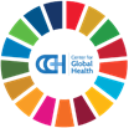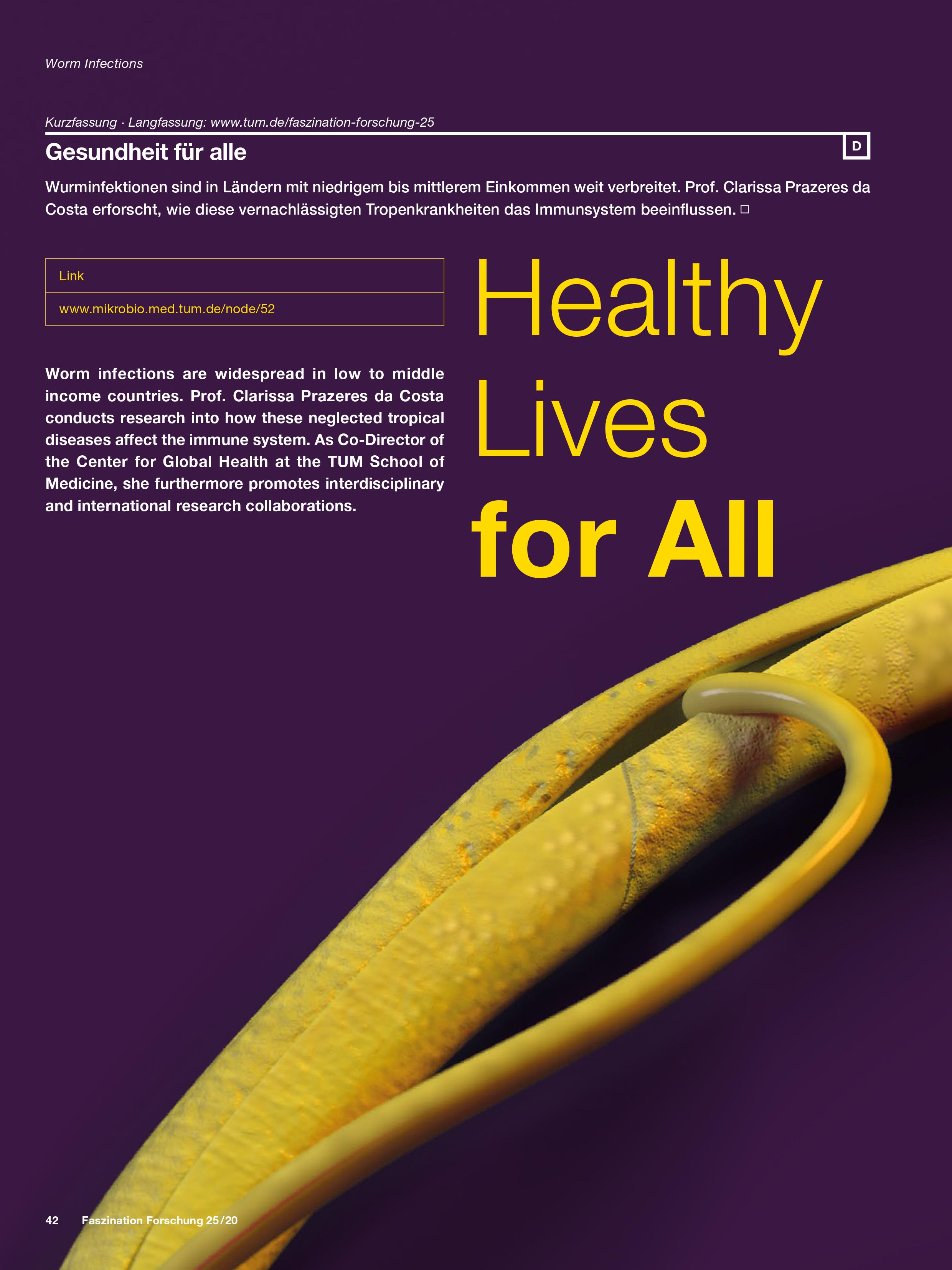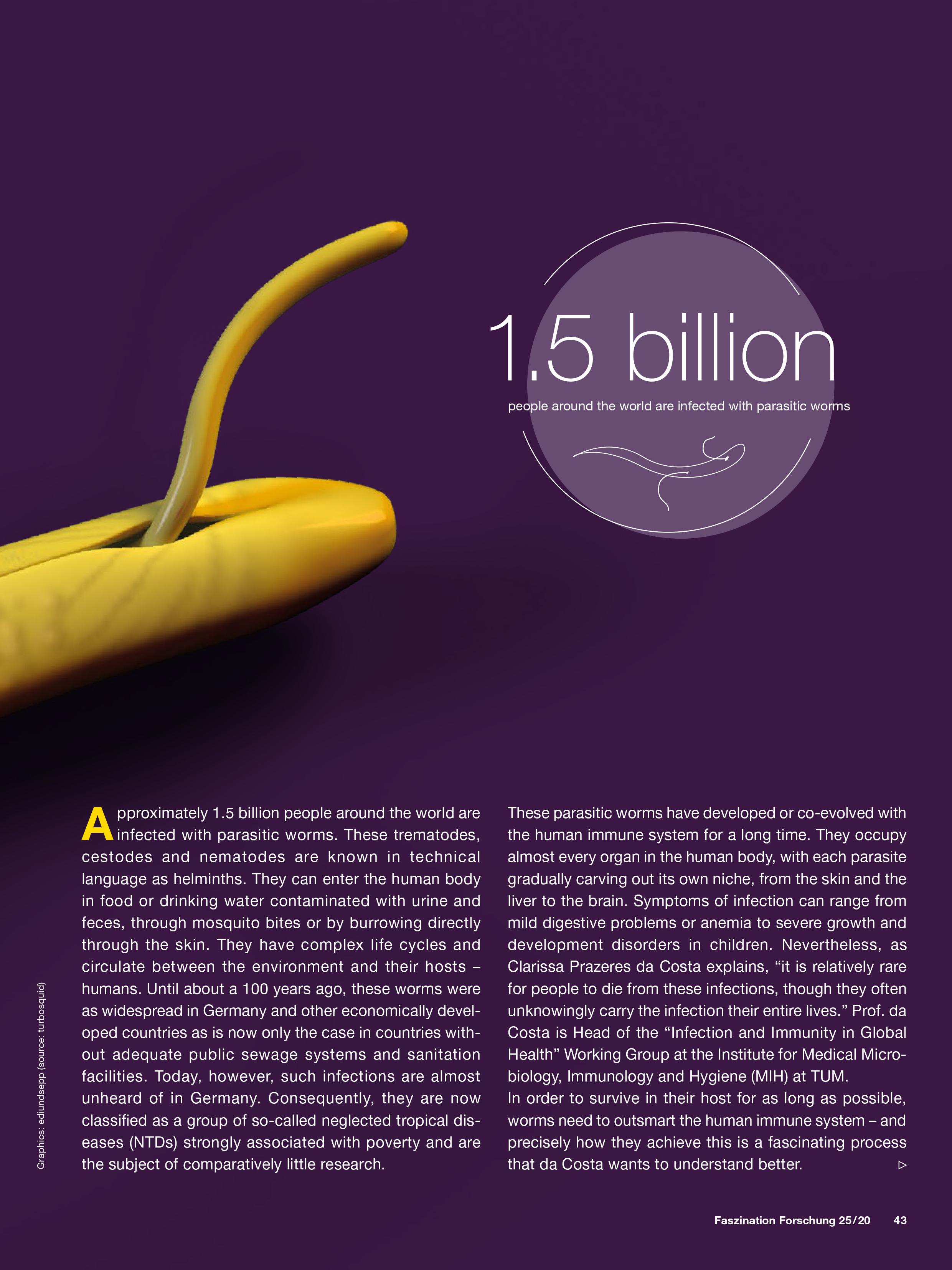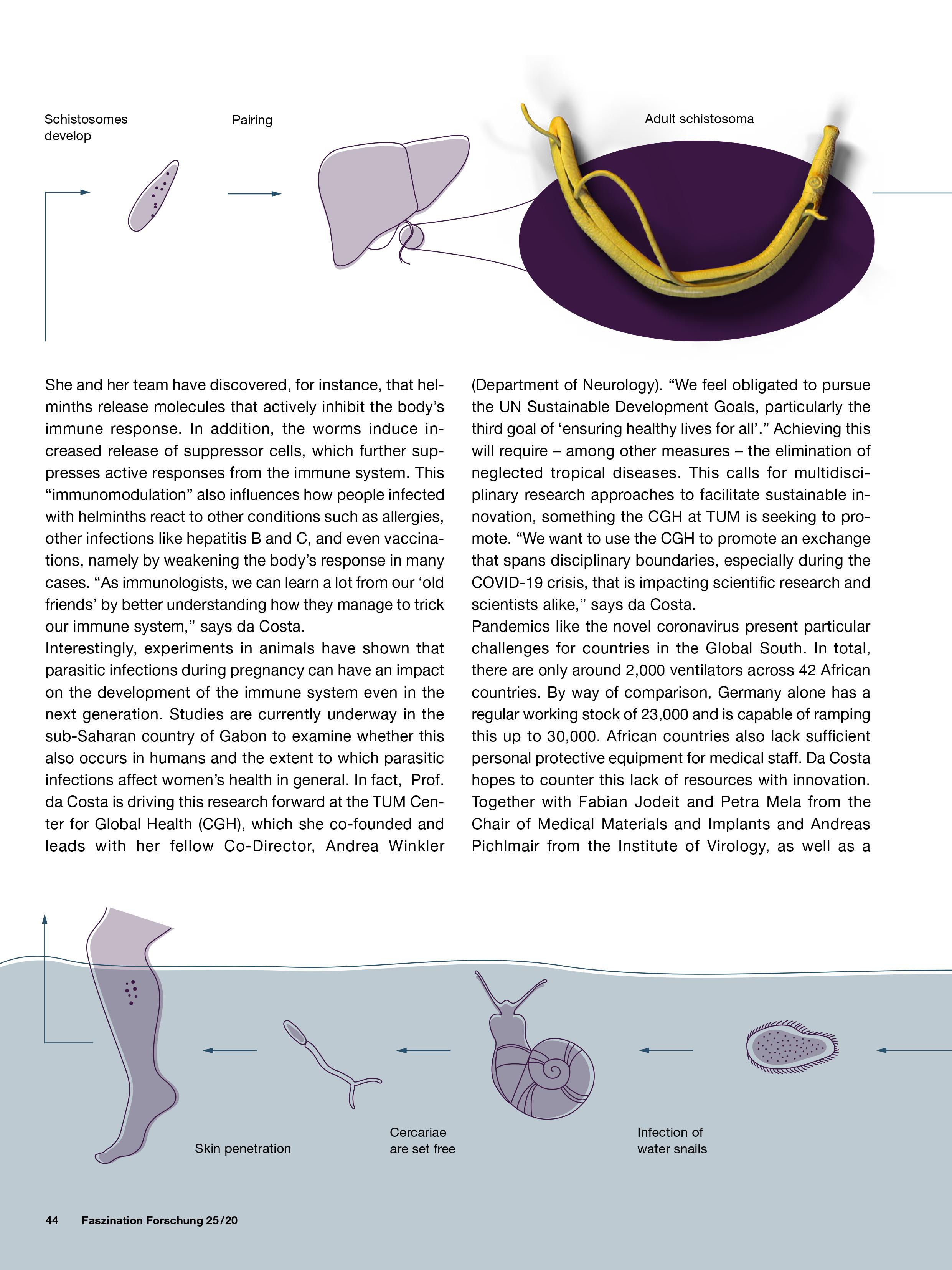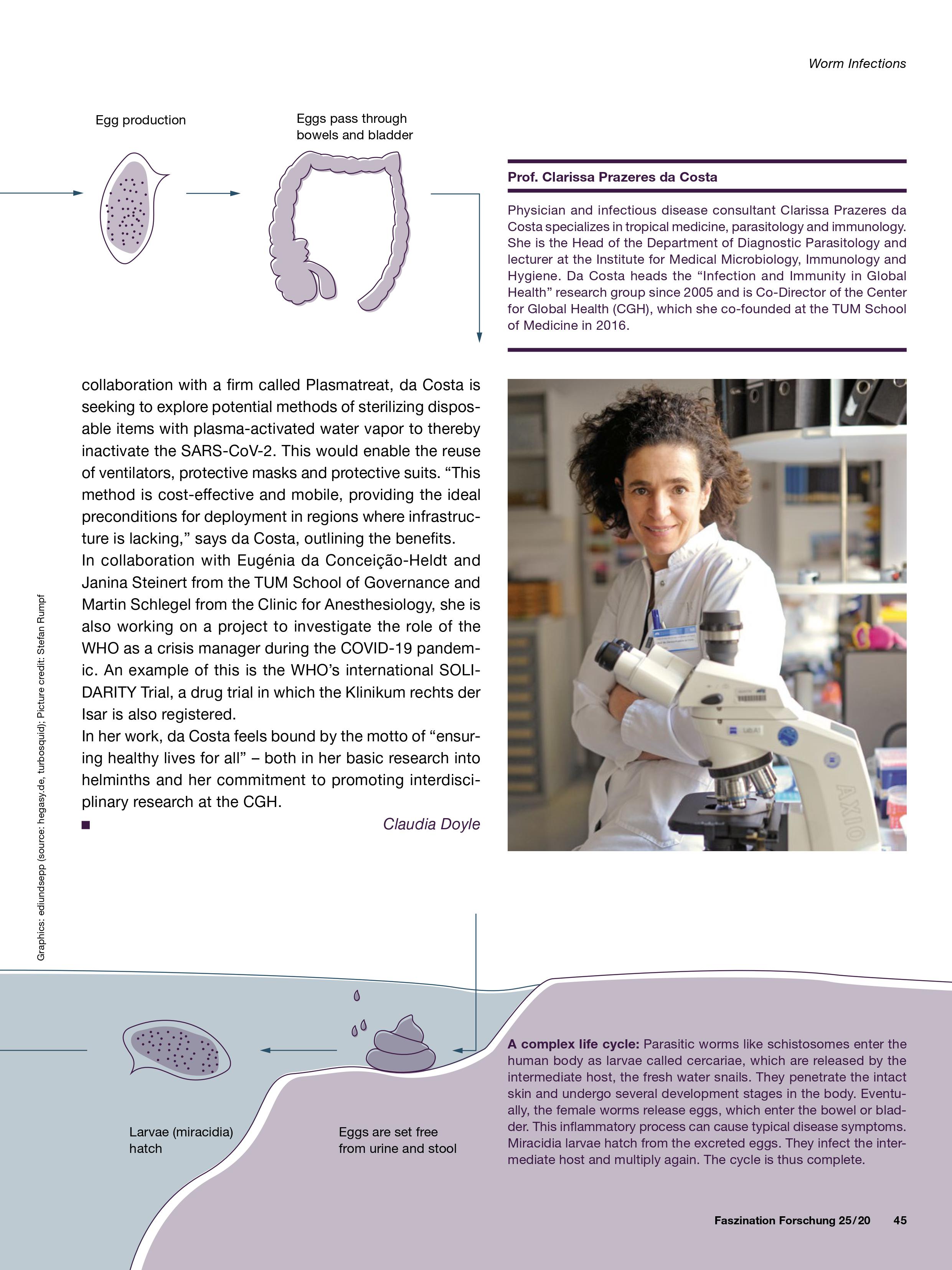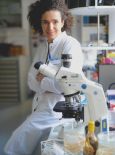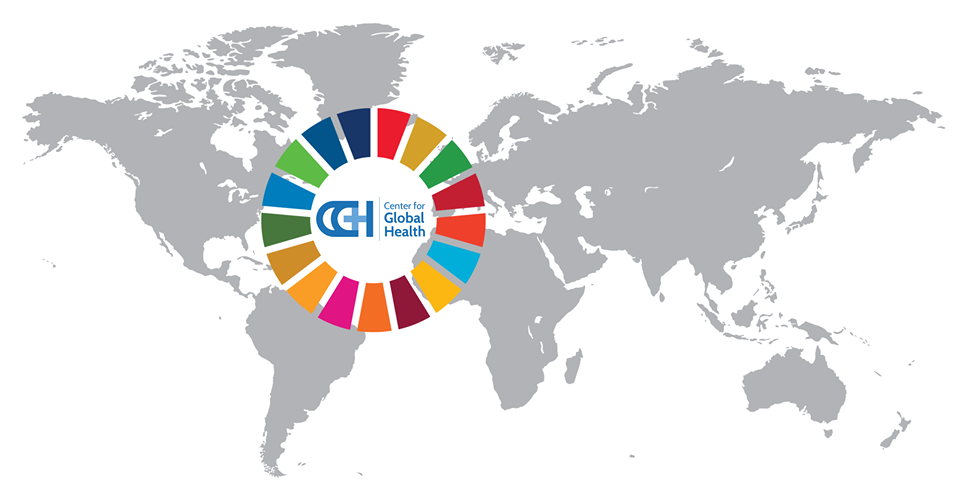
The Center for Global Health at the Technical University of Munich (TUM) is concerned with the promotion of health as well as with the prevention of ill-health at a global level. It brings together and initiates research projects and teaching activities that address global health issues across different disciplines. The Center for Global Health therefore connects researchers of different faculties and their research foci.
NEWS
Or visit our website dedicated to our work with COVID-19 here
You can find our current open positions at the bottom of this page
About the Center for Global Health
The Center for Global Health was founded in 2017 by the Professors Andrea Winkler and Clarissa Prazeres da Costa. The Center for Global Health is based at the medical faculty of TUM and is financed and supported by the Department of Neurology, Klinikum rechts der Isar / TUM (headed by Prof Hemmer) and the Institute for Medical Microbiology, Immunology and Hygiene at TUM (headed by Prof Busch). This collaboration demonstrates the interdisciplinary approach that is taken at TUM and that is vital for the activities of the Center for Global Health.
Our activities include the establishment of collaborative projects that address relevant research questions in Global Health, teaching, as well as discussion forums looking at the different facets of Global Health.
We have been able to build a large network of partners in the Global South, especially in sub-Saharan Africa and Southeast Asia due to past and ongoing collaborations. We continuously expand those networks but also want to make them available to other researchers in order to support them in giving their research activities a global footprint.
It is our goal for research findings to be quickly translated into meaningful and effective policy recommendations. Only then can we reach the Sustainable Development Goals of the United Nations that Germany has committed itself to.
We encourage everyone who is interested in the field of Global Health to reach out to us. We have listed some of our activities below for further information.
What is "Global Health"?
The increasing interconnectedness of the world we live in means that health has also become a topic that requires a global perspective. In order to address the complex health challenges of today we need to go beyond local solutions and approaches. Challenges include for example changing prevalence in neglected tropical diseases as a result of migration and climate change or the spread of antimicrobial resistance. Global Health is a multidisciplinary approach to research, teaching and policy making connecting biomedical sciences with political and social sciences, computer sciences and engineering to thereby better understand as well as address the interconnectedness and interplay of the many different health determinants.
Important overarching themes within the Global Health field are governance, Global Health financing, health systems strengthening and “One Health”, meaning the relationship(s) between human, animal and environmental health. The study of non-communicable and infectious diseases as well as mental health topics benefits from using these overarching themes as guidance. Further areas of interest in Global Health research include nutrition, eHealth and the role of trade in global health.
The activities of the Center for Global Health
Please see below a selection of our activities.
Research
• Architecture and Global Health
Scientific consortium
From time immemorial, architecture has been an instrument for improving human life. In these times in which the preservation of a healthy life confronts people with complex global challenges, one discipline alone can no longer offer improvements or solutions.
With this in mind, the first German science consortium "Architecture & Global Health" was founded on 5 July 2019 at the Center for Global Health of the TUM as part of the 3rd working meeting at the Faculty of Architecture of the Technical University of Munich. In the future, this interdisciplinary group of researchers* will promote the generation of knowledge at the interface of the disciplines of medicine, psychology, architecture and health sciences within the framework of joint research projects. The development and testing of suitable research methods and designs will be the first priority. In addition, the association strives to develop, promote and support long-term, sustainable and quality-assured solutions in the context of the increasingly complex issues of global health.
The seven initiators* of the consortium are (in alphabetical order):
Prof. Hannelore Deubzer, Architecture
Prof. Dr. Stefanie Klug, Health Sciences
Mrs. Ir. Gemma Koppen, Architecture
Prof. Dr. Werner Lang, Architecture and Civil Engineering,
Prof. Dr. Prazeres da Costa, Medicine
Prof. Dr. Tanja C. Vollmer, Architectural Psychology
Prof. Dr. Dr. Andrea Winkler, Medicine
Contact: tanja.vollmer@tum.de
• Antimicrobial Resistance (AMR)
Multi-resistant bacteria are a serious global threat to our health. According to the latest estimates, 10 million people will die each year from multidrug-resistant bacteria by 2050, exceeding the number of deaths from cancer. To what extent environmental factors such as heavy metals as well as the quality and quantity of antibiotics used contribute to the development of AMR is being investigated by scientists from MIH (Institute for Medical Microbiology, Immunology and Hygiene) in a multidisciplinary and internal consortium.
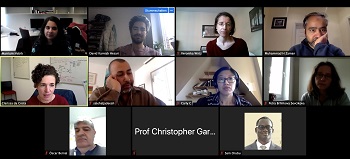
• Global Neurology
The working group Global Neurology / Neuroinfectiology at the Department of Neurology is concerned with neurological diseases that occur in resource-poor regions, in particular in sub-Saharan Africa. These regions suffer from the highest prevalence levels of cerebral infections, such as cerebral malaria, meningitis and parasitic diseases as well as the highest prevalence of people with epilepsy. In addition, neurovascular and neurodegenerative diseases are on the rise. The research of the prevalence as well as other epidemiological aspects of neurological diseases, in addition to the monitoring of the development and response to selected therapeutic measures are the focus of the working group's research projects. Research findings are communicated with political stakeholders in order to ultimately strengthen health systems, specifically with regards to neurological diseases. This involves amongst others capacity building and further training for colleagues in the regions in question.
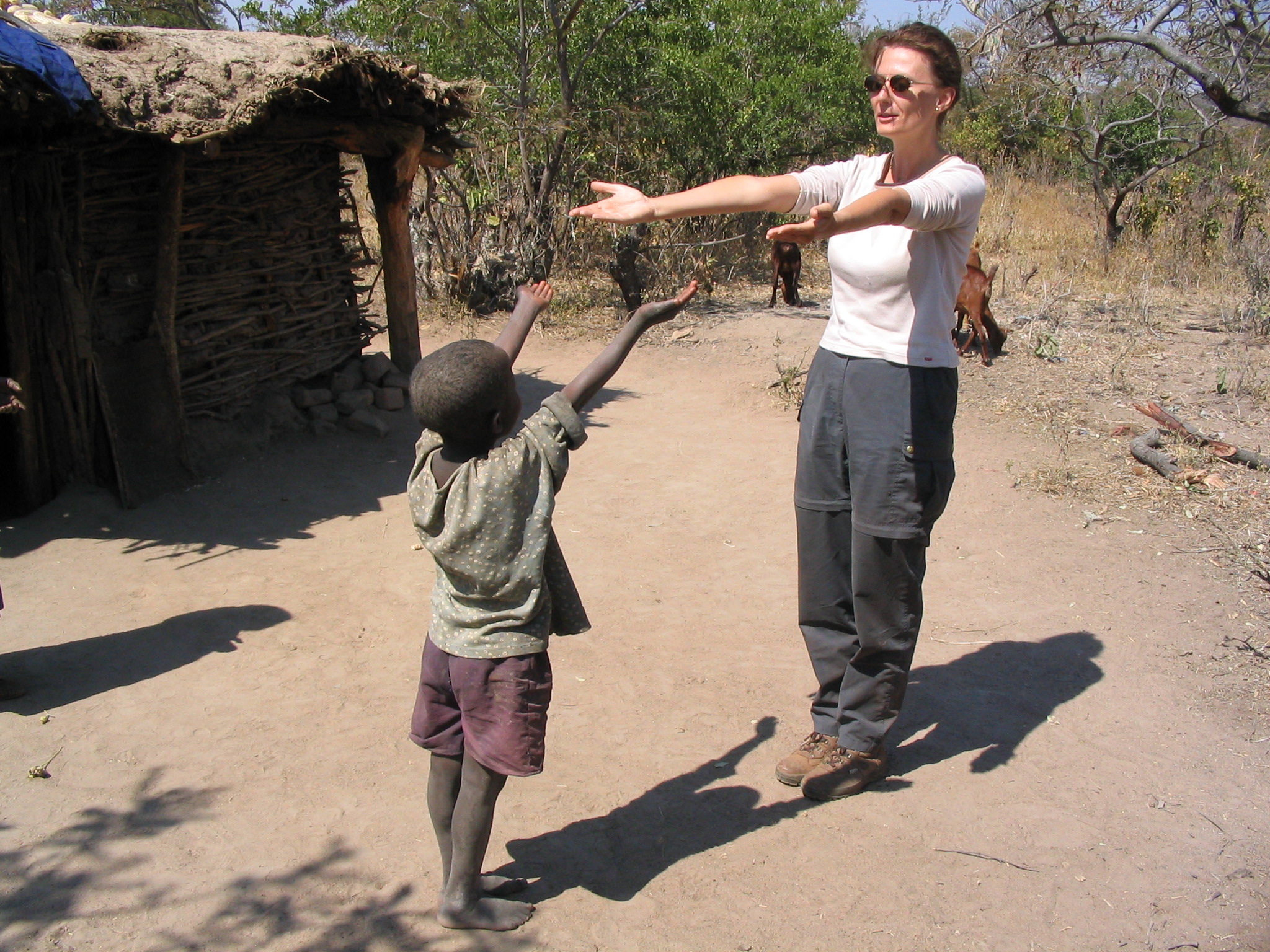
Interview on World Brain Day with Prof. Andrea S. Winkler – 22.07.2021
As part of the World Brain Day 2021, the World Federation of Neurology invited Prof. Andrea S. Winkler to an interview with Prof. Tissa Wijeratne, chair of the World Brain Day.
In the interview, Prof. Winkler talks about her journey in the field of neurology, why the facilitation of global health cooperation is important, as well as the goal of global health equity. Also, she explains the impact potential of informational social media campaigns and how to work towards achieving goals in the field of global health. In discussion with Prof. Wijeratne the interview provides various interesting aspects on neurology and global health.
Follow the link to watch the full version of the interview HERE
• Social Sciences and Global Health at TUM
The newly established unit “Social Science and Global Health” is part of the Center for Global Health (section Global Neurology) and deals with social and cultural science themes of global health. Increasing global networking and exchange is having an impact on biomedicine and health in general in many different ways. Complex links between local and global, and the today’s constant flow of people, animals, food and other resources, technologies, innovations, and cultural values require a broader (One Health) and creative approach to understanding and solving health problems. In the inter- and multidisciplinary research group, researchers from the social/cultural and natural sciences, among other disciplines, work together to address these new complex questions of global health, because health and disease are social as well as medical phenomena.
In particular, it is not only a matter of how affected persons/patients perceive illness and health but also how stakeholders within the health systems (from grassroot to ministerial level) relate to relevant health issues. Through a multi-perspective and multi-layered research approach of medical anthropology and sociology, we are able to grasp different perspectives to understand health, disease and risk, and to find suitable solutions.
The unit's research focuses are on global health and applied social sciences (medical anthropology, medical sociology, health sciences):
- Cultural and social aspects of health and disease
- Infectious diseases (in particular NTDs)
- Health systems in structurally weak countries (especially sub-Saharan Africa)
- Implementation Research
- Gender and Health
- One Health (human, animal and environmental health)
Currently, the research group is still in its infancy, but more and more networks with researchers from other faculties and research institutions in other countries are emerging. Our goal is to expand and establish these partnerships even more in the future in order to exchange and network together sustainably on topics of health, disease and biomedicine in a globalized world. Our particular focus is on research cooperations with partners in the Global South.
ADOPT – Pediatric Praziquantel Consortium
The Pediatric Praziquantel Consortium is an international partnership that aims to reduce the global disease burden of schistosomiasis, also known as bilhatzia, by addressing the medical need of infected preschool-age children including infants and toddlers.
The newly established Social Science Research Unit at the TUM Center for Global Health under the leadership of Andrea Buhl-Colmsee will therefore collaborate with social science partners from Kenya, Côte d’Ivoire and Uganda, in making the intervention tailored, effective and sustainable. In sub-Saharan Africa, an estimated 50 million preschool-aged children are in need of treatment for schistosomiasis. At present, this vulnerable group is largely excluded from so-called preventive chemotherapy for disease control, because a suitable formulation was lacking. The global Pediatric Praziquantel Consortium, supported by Merck has developed a child-friendly formulation, which will be introduced into schistosomiasis endemic communities in Africa through the 5-year ADOPT program. The transdisciplinary research and implementation project ADOPT aims to assess the best possible delivery of this newly developed formulation. As the drug will be used in different places and countries, it is particularly important to capture the diversity of socio-cultural contexts and their impact on drug administration and treatment.
For the realisation of the ADOPT program the Pediatric Praziquantel Consortium has recently been awarded additional funding from European & Developing Countries Clinical Trials Partnership (EDCTP) & Global Health Innovative Technology (GHIT) Fund.
In April 2021, the Pediatric Praziquantel Consortium celebrated the official launch of its ADOPT program. The Consortium organized a launch event to present detailed information about the ADOPT program by different partners on May 12th, 2021.
A recording of the launch Webinar is available HERE
• Neglected Tropical Diseases
Neglected tropical diseases represent a core focus of the Center for Global Health due to the long-term experience of the two founding directors in this field. The joint project Cystinet-Africa for example is a research network of German and African partners aiming to better understand Taenia solium cysticercosis / taeniosis and to facilitate capacity building as well as data collection and distribution in the involved countries. The project is also mentioned in the brochure on “Global Health in the focus of research – funding concept: neglected and poverty-related diseases” published by the BMBF, the Federal Ministry of Education and Research.
Furthermore, the Center for Global Health together with the Centre for Global Health at the University of Oslo has published a paper on the landscape of neglected tropical diseases at present and in the future for the Series “Global Health in the Era of Agenda 2030”. This series is a collaboration between Norad, the Centre for Global Health at the University of Oslo and the Journal of the Norwegian Medical Association.
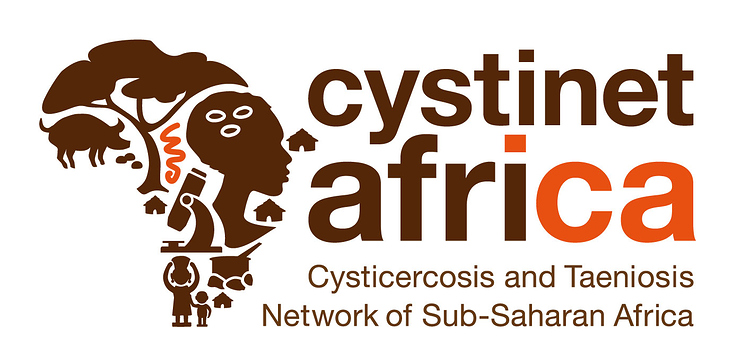
Cystinet
NTD:s - The Present and the Future (PDF)
BMBF - Global Health, NTD:s (PDF)
• Infection and Immunity in Global Health
Schistosomiasis
The working group Parasite Immunology is concerned with the role of the innate and adaptive regulatory immune response in chronic helminth infections. The focus of the research is on Schistosoma mansoni, the causative agent of schistosomiasis, one of the most prevalent worm diseases and currently 210 million infected people worldwide. The central questions address how the immune system of the human host is affected and changed by the parasite, what adaptive measures take place, which - both positive as well as negative - influence such changes have on other diseases of the host, including allergies or infectious diseases (e.g. hepatitis), as well as consequences for the efficacy of immunisations. Alongside an emphasis on basic research, clinical projects analyse the effects of schistosomiasis infections in pregnancy on maternal health and on the immune system in early childhood, as well as research takes place looking into the development of new drugs for treatment.
Read more about it in the article "Healthy Lives for All" by Prof. da Costa, published in Faszination Forschung, on the topic of worm infections and neglected tropical diseases.
Find out more about the working group here: Mikrobio
HelmVit
The HelmVit Project (Impact of maternal helminth infection on Vitamin D regulation and on the immune system of the infant) is coordinated by Prof. Clarissa Prazeres da Costa, Kodirector of the Center for Global Health, Institute for Medical Microbiology, Immunology and Hygiene of TUM and collaboration partners are Prof. Akim Adegnika (CERMEL) and Dr. Meral Esen (Institute for Tropical Medicine, University of Tübingen).
You can find a video on the work of the HelmVit Project here:
http://globalhealthmunich.org/research/
Research ⇒ Neglected Tropical Diseases
Schistosomiasis
The working group Parasite Immunology is concerned with the role of the innate and adaptive regulatory immune response in chronic helminth infections. The focus of the research is on Schistosoma mansoni, the causative agent of schistosomiasis, one of the most prevalent worm diseases and currently 210 million infected people worldwide. The central questions address how the immune system of the human host is affected and changed by the parasite, what adaptive measures take place, which - both positive as well as negative - influence such changes have on other diseases of the host, including allergies or infectious diseases (e.g. hepatitis), as well as consequences for the efficacy of immunisations. Alongside an emphasis on basic research, clinical projects analyse the effects of schistosomiasis infections in pregnancy on maternal health and on the immune system in early childhood, as well as research takes place looking into the development of new drugs for treatment.

• Nutrition
The Center for Global Health also participated in a discussion on the global challenges of our nutrition that equally resulted in a publication in the above mentioned Series “Global Health in the Era of 2030” (a collaboration collaboration between Norad, the Centre for Global Health at the University of Oslo and the Journal of the Norwegian Medical Association).
A Global Challenge for Nutrition (PDF)
Teaching
- Every summer semester we organise the elective module "tropical medicine", which in addition to tropical diseases covers important themes and stakeholders in the Global Health field. Mikrobio - Tropenmedizin
- In addition, the Center taught the lectures on Global Health that are part of the BSc Health Sciences as well as the MSc Health Science - Prevention and Health Promotion at the Department of Sport and Health Sciences.
- In August 2017, the TUM Medical Education Center together with the Center for Global Health ran a trilateral Global Health Summer School for medical students at TUM, the Université de Nice Sophia-Antipolis as well as the Medical University of Silesia, Katowice.
- In summer 2020, the trilateral Global Health Summer School will return to TUM and the CGH together with the TUM Medical Education Center will develop an exciting programme and will be involved in the running of the Summer School.
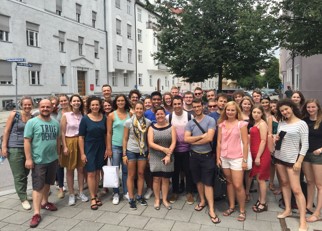
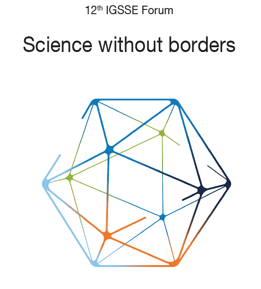
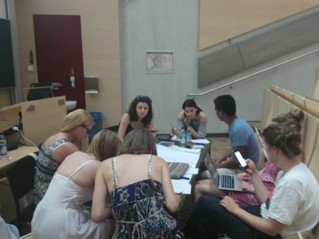
Other Activities
Additional activities and respective publications can be found using the links below.
- Women in Global Health - Germany
Women in Global Health – Germany was launched in January 2018 with the support of the Ministry of Economic Cooperation and Development, the Ministry of Health, the World Health Summit, and further sponsors. It is the first national chapter of the international organization Women in Global Health with the aim to showcase women’s leadership and improve gender equality in global health on the global and local level.
As Germany is taking on a new leadership role in global health, it seemed to be optimal timing to start a German chapter and to ensure that women not only significantly contribute to this development, but are also equal leaders.
The objectives of the chapter are to increase the visibility of women working in global health, enhance mutual support, advocate for gender equal representation on panels and conferences, establish mentoring programs, promote women’s health, participate in the revision of the global health strategy of the German government and support further countries to start with a network.
Currently, there are more than one hundred women from around 70 different organizations and institutions on the list and in the network.
WGH-GER provides an opportunity for a more effective, inclusive network that brings global to local action, while cultivating local talent for greater national, regional and global voice.
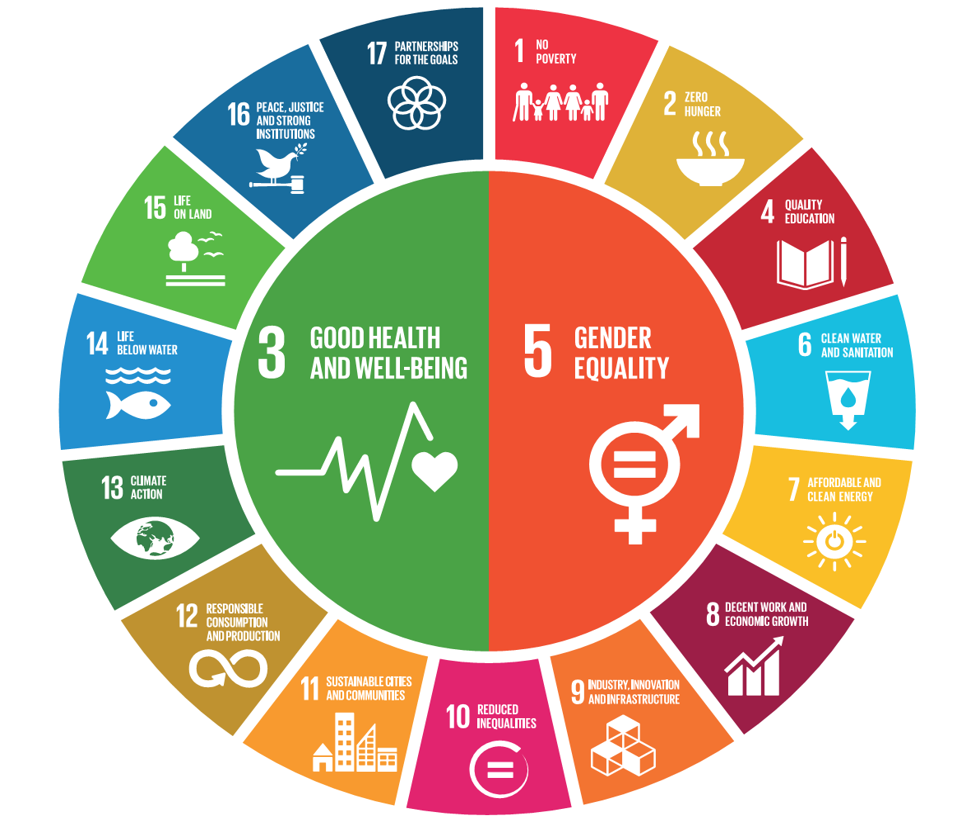
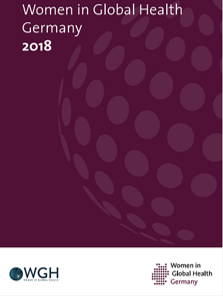
Women in Global Health Germany
The network's second meeting was hosted by the Center for Global Health at the TUM on December 8th. Many different topics were presented in the morning and discussed further in working group sessions in the afternoon. Topics included "migration and health", "sexual and reproductive health", "gender and health", "Universal Health Coverage (UHC)", as well as the planned establishment of a Global Health Hub in Germany.
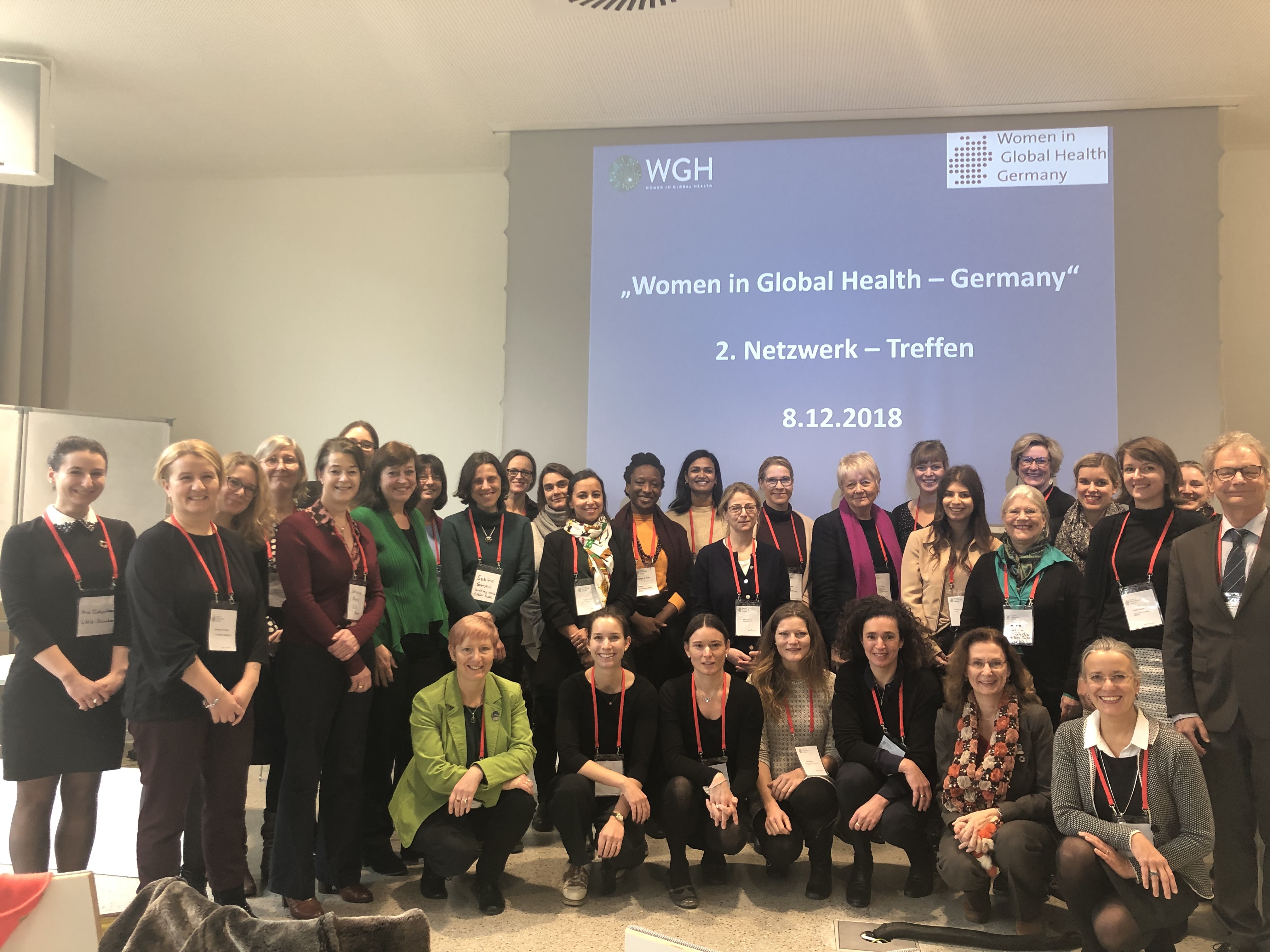
- Global Health Round Table
There is a Round Table every three months covering Global Health relevant topics and research fields by means of one or two presentations and a subsequent discussion.
Topics covered so far include "Neglected tropical diseases in research and politics", "Theory of plagues: a historical approach", "Health systems in fragile states and community health workers", "Antimicrobial resistance and essential medicines".
- Women on the Move
Women on the Move - Short Version
- Süddeutsche Zeitung "Weltweiter Kampf gegen die großen Killer", February 2018
Open positions at AG da Costa "Infection and Immunity in Global Health"
Check out the LinkedIn page of the CGH for currently open positions!
If you are interested in completing your internship at AG da Costa or wish to apply on your own initiative, we look forward to receiving your application here.
Find out more about internships here: join_the_cgh_students.pdf
Social Media
We encourage you to follow us on Facebook and Twitter. We use these channels to share our activities as well as interesting research findings and conferences in the field of Global Health.
